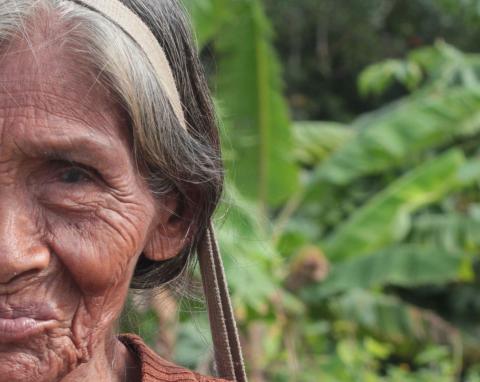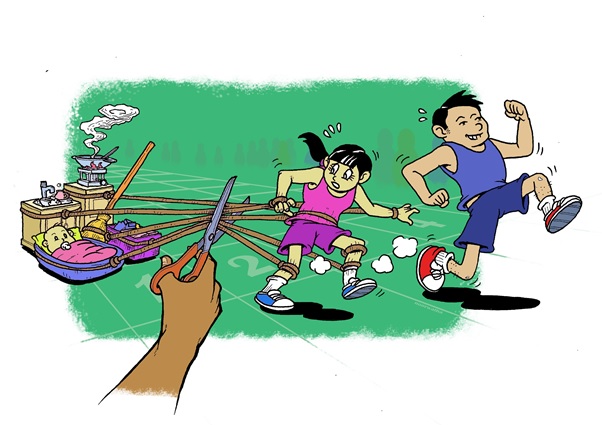Old Wisdom, Old Respect, Old Vulnerability

October 13th is the International Day for Disaster Reduction, where we celebrate how people and communities are reducing their disaster risk and raising awareness about the importance of Disaster Risk Reduction. It’s also a day for encouraging every citizen and every government to take part in building more disaster-resilient communities and nations, and raising awareness about the disproportionate impact on elderly people everywhere.

The theme for the 2014 International Day for Disaster Risk Reduction is the world’s ageing population. This is part of a Step Up initiative, started in 2011, which focuses on a different group of partners every year leading up to the World Conference for Disaster Reduction in 2015.
How are older people affected by natural disasters – what are their specific vulnerabilities and needs?
What particular challenges do the elderly face in preparing for disasters?
How can they contribute to Disaster Risk Reduction and climate change adaptation?
This story is part of the Disaster Resilience Journal. The Disaster Resilience Journal is an interactive documentary that examines how individuals, communities and countries around the world are building resilience in a landscape of climate change, and social, economic and cultural shifts. Discover the set of 42 stories, games, maps, interviews and quizzes that make up the Disaster Resilience Journal at:
Lessons Learned :
Supporting Materials :




